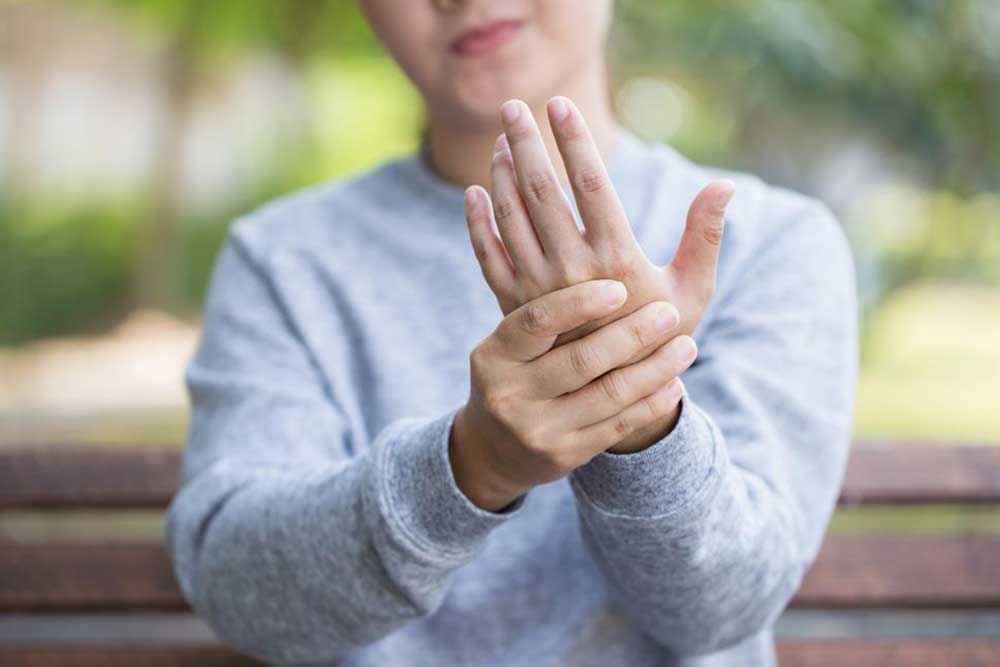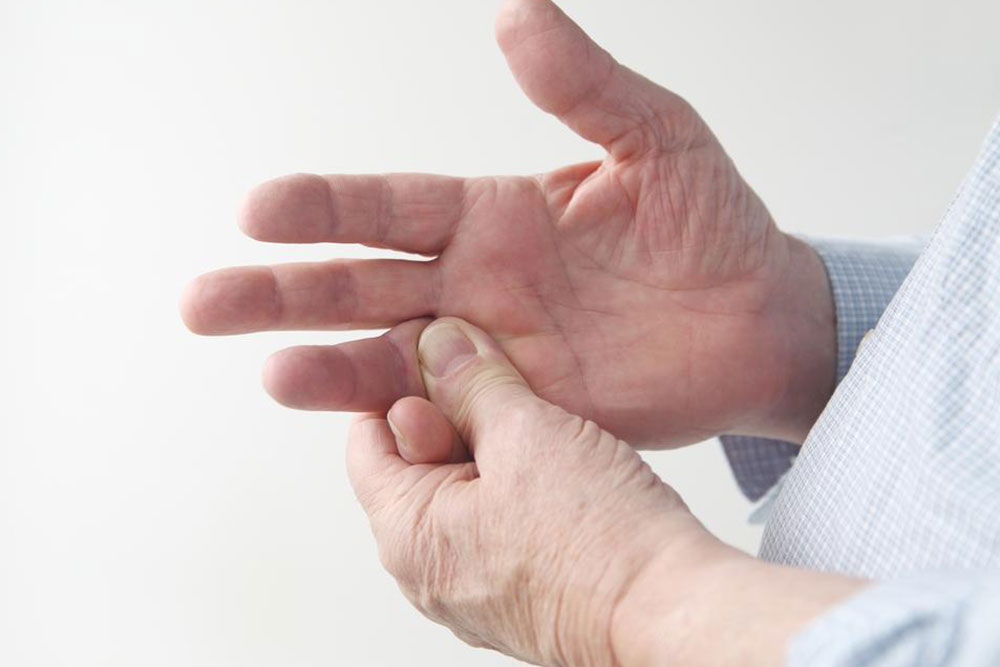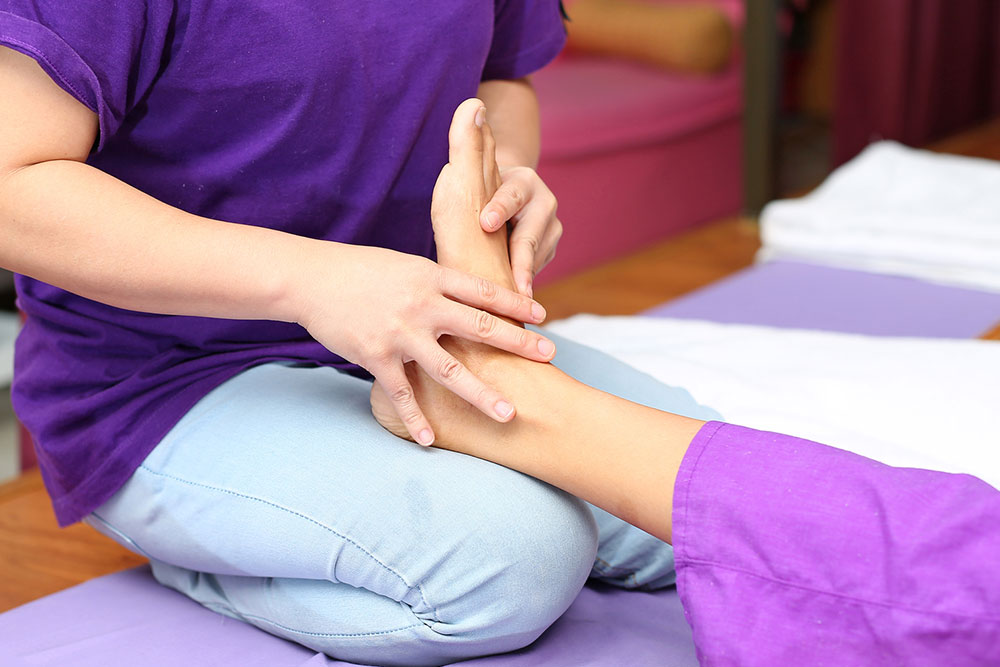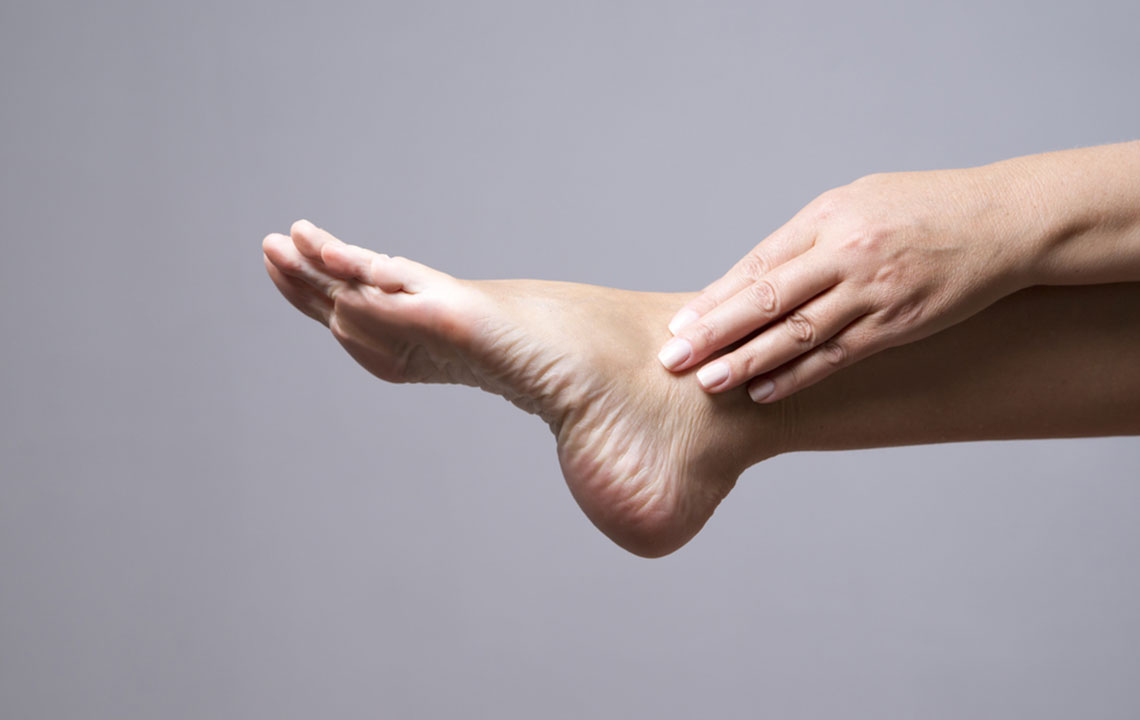Top Strategies to Alleviate Tingling Sensations
Discover effective remedies for paresthesia, including massage, exercises, dietary tips, and alternative therapies. Learn how lifestyle modifications and proper care can reduce tingling sensations and support nerve health. If symptoms persist, consult a healthcare professional promptly for accurate diagnosis and treatment options.

Top Strategies to Alleviate Tingling Sensations
Experiencing tingling or numbness in the limbs, often described as pins and needles, is known as paresthesia. This sensation occurs when nerves are compressed or damaged, potentially due to nutritional gaps or neurological issues. While often temporary, persistent paresthesia requires attention. Healthcare professionals may suggest various remedies and lifestyle changes to ease discomfort and address root causes. Effective approaches include massage therapies, physical exercises, temperature therapies, proper hydration, and nutritional adjustments to support nerve health.
1. Massage Therapy
Gently massaging affected areas like hands, feet, or limbs can stimulate nerves and enhance blood flow, helping reduce paresthesia caused by nerve compression or damage. Begin with light pressure and gradually increase as tolerated.
2. Regular Movement and Stretching
Engaging in activities such as walking, joint rotations, and targeted stretches can prevent nerve compression. For conditions like carpal tunnel, wrist exercises like rotations and finger stretches are beneficial.
3. Warm Compresses and Baths
Applying warm compresses or taking warm baths boosts circulation in targeted regions, alleviating tingling sensations and easing neuropathy-related pain.
4. Adequate Hydration
Staying well-hydrated prevents nerve compression caused by dehydration, maintaining healthy blood flow and reducing tingling symptoms.
5. Correct Posture Maintenance
Maintaining proper posture during daily activities supports healthy blood circulation and minimizes nerve pressure. Ergonomic furniture can assist in maintaining optimal alignment.
6. Nutrient-Rich Diet
Consuming foods high in vitamin D, B12, and B6, such as fatty fish, dairy, mushrooms, and fortified cereals, can counteract deficiencies linked to paresthesia.
7. Incorporate Yogurt into Diet
Yogurt supplies manganese and vitamin B12, both of which contribute to improved circulation and nerve health, helping to relieve tingling sensations.
8. Elevate Limbs When Resting
Keeping arms and legs elevated with cushions or supports reduces nerve pressure and improves blood flow, easing paresthesia symptoms.
9. Acupuncture Therapy
This traditional Chinese technique can alleviate nerve-related tingling, especially in cases linked to neuropathy or nerve injuries.
10. TENS Therapy
Transcutaneous electrical nerve stimulation devices send controlled electrical impulses to nerves, enhancing circulation and reducing nerve discomfort, particularly effective for chemotherapy-induced paresthesia.
If symptoms persist beyond 30 minutes or worsen, seek immediate medical consultation. Persistent or severe tingling, especially in sensitive areas like the tongue, may signal urgent health issues. Consulting a neurologist is recommended for persistent or recurrent paresthesia to identify and treat underlying causes effectively.
Remember, this information is for educational purposes and not a substitute for professional medical advice. Always consult healthcare providers for diagnosis and treatment.










